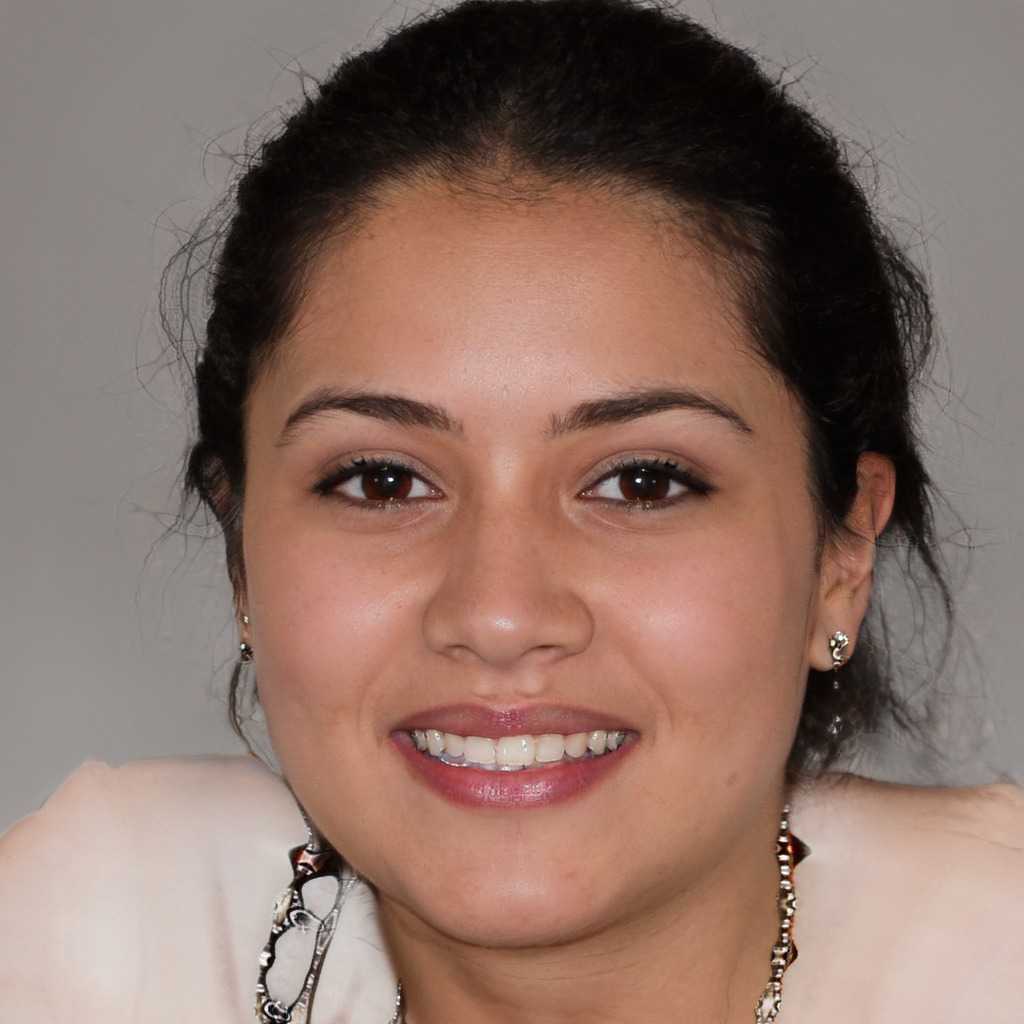When it comes to sports betting, understanding how bookmakers set the lines can give you a significant edge. These odds aren’t just random numbers; they’re carefully calculated based on a mix of statistics, market trends, and expert insights.
I’ve always found it fascinating how a single line can influence the betting landscape and shape the strategies of both casual bettors and seasoned pros. In this article, I’ll dive into the intricate process behind line-setting and share valuable lessons you can apply to your own betting strategy.
Whether you’re a novice or an experienced gambler, grasping these concepts can enhance your decision-making and potentially boost your winnings. Let’s unravel the mystery of bookmakers and discover the secrets they use to stay ahead of the game.
Understanding Bookmakers and Their Role
Bookmakers play a crucial role in the betting industry by setting and adjusting odds that reflect the probabilities of various outcomes. Understanding their functions enhances my ability to navigate the betting landscape effectively.
What Are Bookmakers?
Bookmakers, or sports bookmakers, are individuals or organizations that accept bets on sporting events. They analyze data, assess team performance, and factor in public sentiment to establish betting lines.
They aim to balance their risk by adjusting odds as necessary, ensuring that they attract equal betting on both sides of an event. This practice allows them to profit from the margin between the odds offered and the actual probabilities of the outcomes.
The Importance of Setting Lines
Setting lines serves as the foundation of sports betting. Accurate lines provide a reflection of the expected outcome and dictate where bettors might place their money. Bookmakers consider numerous elements, such as historical performance, injuries, and betting patterns, when establishing these lines.
By setting competitive odds, bookmakers entice participation while minimizing their exposure to loss. Understanding their line-setting strategy can help me exploit discrepancies and identify value bets in the market.
The Process of Setting Lines
Bookmakers follow a meticulous process to set lines, combining various factors that influence the odds offered to bettors. Understanding this process can enhance my approach to betting and improve decision-making.
Data Analysis and Research
Bookmakers conduct extensive data analysis and research to inform their line-setting process. They examine historical performance, player statistics, injuries, and weather conditions to assess the likelihood of different outcomes.
For instance, they analyze win-loss records, average points scored, and head-to-head matchups to gauge team strength. By compiling this data, bookmakers create a comprehensive view of each event, which reflects the probabilities more accurately.
Factors Influencing Line Movement
Several factors contribute to the movement of betting lines once they are set. The public’s betting behavior plays a significant role; heavy betting on one side can lead bookmakers to adjust the odds to balance their risk.
Additionally, last-minute news, such as player injuries or weather changes, often prompts line adjustments to reflect new probabilities. Market factors, including competition and betting patterns, also influence how lines shift leading up to an event. By keeping an eye on these factors, I can better understand why lines change and capitalize on potential betting opportunities.
The Psychology Behind Betting Lines
Bookmakers consider several psychological factors when setting betting lines, impacting how bettors view and engage with odds. Understanding these can enhance a bettor’s strategy and decision-making.
Public Perception and Its Impact
Public perception significantly influences line-setting. Bookmakers analyze betting trends, noting how the public leans towards certain teams or outcomes. Popular teams often attract more bets, prompting bookmakers to adjust lines to account for this influx.
For instance, if a favored team sees heavy betting, odds may shift to entice bets on the underdog. Recognizing this trend helps bettors find advantageous lines that may not reflect the true probabilities of an outcome.
The Role of Sharp Money
Sharp money refers to bets placed by professional or informed gamblers who possess insights that average bettors might lack. Bookmakers scrutinize these bets closely, as they can signal more accurate predictions.
When sharp money lands heavily on a particular side, bookmakers often adjust lines to mitigate risk. For example, if sharp money consistently favors a team, the odds may shorten to reduce exposure on that side. Understanding sharp money patterns allows bettors to identify where informed action is occurring and adapt their strategies accordingly.
Learning from Bookmakers
Bookmakers use complex strategies to set and adjust betting lines. By understanding these strategies, I can gain valuable insights that enhance my betting approach.
Analyzing Line Changes
Analyzing line changes requires attention to detail. I monitor how odds fluctuate over time, providing insights into public sentiment and sharp money trends. If a line moves significantly, it often indicates a change in bookmaker risk assessment.
For example, if a team’s line shifts dramatically due to an injury announcement, I assess whether the adjustment reflects true value for betting. Understanding these shifts allows me to identify potential mispriced odds, increasing my chances of finding value bets.
Strategies for Bettors
Utilizing effective strategies can enhance my odds while betting. I focus on the following:
- Research Statistics: I analyze team performance, including recent wins, losses, and player statistics, to gauge their potential.
- Understand Market Trends: I keep an eye on betting trends, noting where the public is placing money. This information helps me identify possible overreactions.
- Act on Sharp Money: I pay attention to where sharp money flows, as it signals informed betting. If I see heavy betting on one side, I evaluate the reasoning behind it.
- Be Mindful of Timing: I place my bets at strategic times. Early bets on overlooked lines can often yield better odds than waiting until game day.
- Manage Bankroll Wisely: I set clear limits and bet a consistent percentage of my bankroll, minimizing risk while maximizing opportunities for profit.
By implementing these strategies, I create a well-rounded approach to betting that leverages the insights of professional bookmakers.

 Rose Melvinosic infused Wager Legend Zone with creativity, community, and brand identity. With a background in marketing and storytelling, she crafted the platform’s voice and outreach strategy, connecting the betting community through compelling narratives and legendary wager features. Her focus on user engagement and visual branding helped shape the site into a recognizable and relatable destination for bettors seeking more than just numbers—a space where passion and precision meet.
Rose Melvinosic infused Wager Legend Zone with creativity, community, and brand identity. With a background in marketing and storytelling, she crafted the platform’s voice and outreach strategy, connecting the betting community through compelling narratives and legendary wager features. Her focus on user engagement and visual branding helped shape the site into a recognizable and relatable destination for bettors seeking more than just numbers—a space where passion and precision meet.